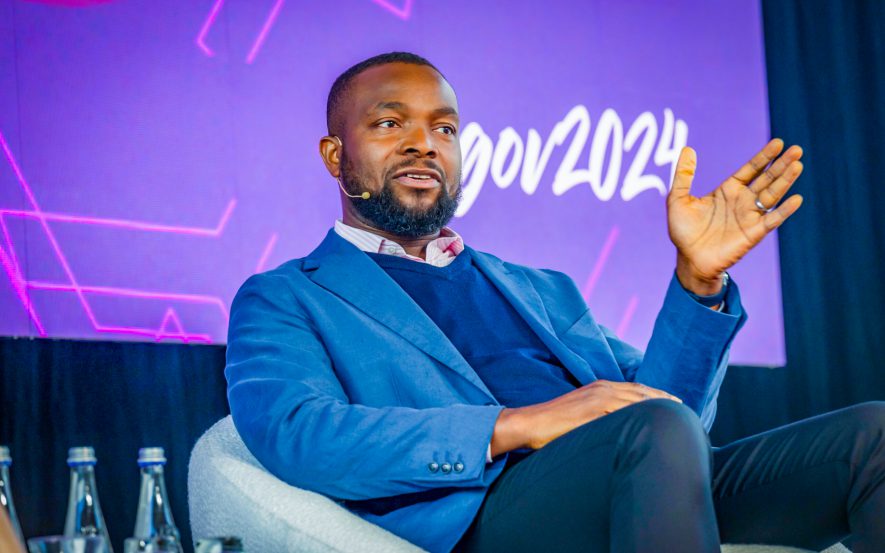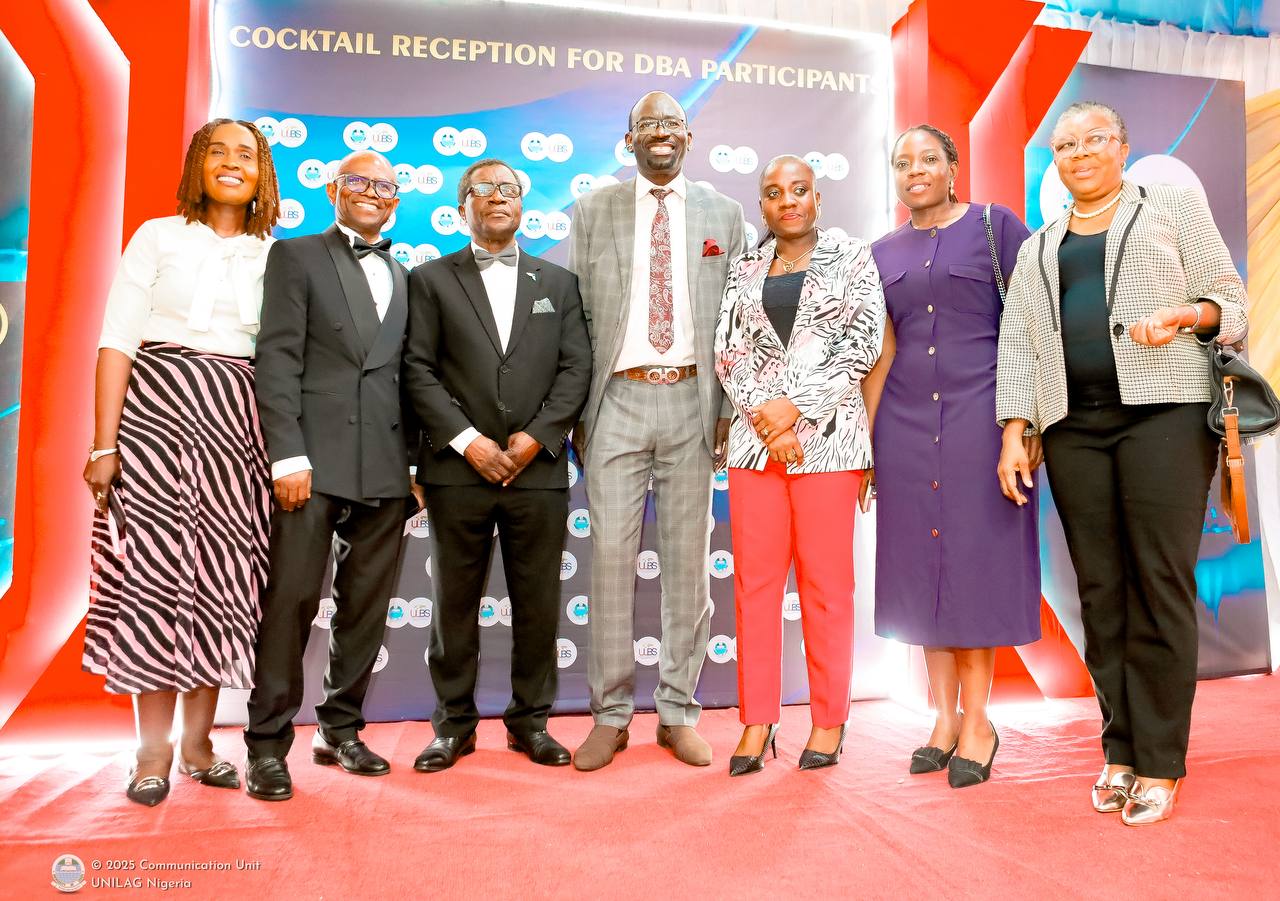By [Michael Babalola], AI Reports Africa
Lagos, Nigeria – In a move that could redefine technological innovation across the continent, Nigeria has launched one of Africa’s first comprehensive national artificial intelligence (AI) strategies. The ambitious blueprint, unveiled earlier this year, positions Africa’s largest economy to harness AI for economic transformation while tackling ethical risks and workforce challenges head-on.
Why Nigeria is Betting Big on AI
With over 220 million people and a booming tech ecosystem, Nigeria faces both immense opportunities and risks in the AI revolution. Experts predict AI could inject $15.7 billion into Nigeria’s economy by 2030 (PwC), but without proper safeguards, the technology could also deepen unemployment and data privacy concerns.
“AI isn’t just about algorithms—it’s about shaping Nigeria’s future,” says Dr. Bosun Tijani, Nigeria’s Minister of Communications, Innovation, and Digital Economy. “Our strategy ensures we build AI that works for Nigerians, by Nigerians.”
The Four Pillars of Nigeria’s AI Vision
Fueling Homegrown AI Innovation
The plan prioritizes Nigerian-made AI solutions to reduce reliance on foreign tech giants. Key initiatives include:
- Startup incubators for AI entrepreneurs in Lagos and Abuja.
- Public-private partnerships with Google, NVIDIA, and local universities.
- AI research hubs focused on agriculture, healthcare, and fintech.
Already, startups like Lelapa AI (developing AI for African languages) and Ubenwa (using AI to diagnose birth complications from infant cries) are gaining global attention.
Ethical Guardrails for AI
Unlike Europe’s sweeping AI regulations, Nigeria’s approach emphasizes context-specific ethics:
- A new National AI Ethics Framework addresses bias in algorithms.
- Strict data protection laws align with the 2023 Nigeria Data Protection Act.
- Inclusive design ensures AI tools work in local languages like Hausa and Yoruba.
Critics, however, warn that AI-powered surveillance tools could threaten privacy. “We need transparency in how government uses facial recognition,” says Adeola Adeniran, a Lagos-based digital rights activist.
Preparing Nigeria’s Workforce for an AI Future
With youth unemployment at 19.7%, the strategy bets big on education:
- 1 million Nigerians to receive AI training by 2027.
- AI curriculum integration in schools and vocational programs.
- Google’s AI lab in Lagos, launched in 2023, is already training thousands.
Yet challenges persist. “Without stable electricity and internet, rural communities risk being left behind,” notes Ifeoma Okeke, a tech educator in Enugu.
AI for Critical Sectors
From farms to hospitals, AI is being tested nationwide:
- Agriculture: Apps like Farmcrowdy use AI to advise smallholder farmers.
- Healthcare: AI diagnostics for malaria and infant health are expanding.
- Security: Controversial but growing use of predictive policing algorithms.
Roadblocks Ahead
While promising, Nigeria’s AI ambitions face hurdles:
- Infrastructure gaps: Only 40% of Nigerians use the internet regularly.
- Brain drain: Top AI talent often relocates to Europe or North America.
- Funding shortages: Most AI startups rely on foreign investors.
How Nigeria Stacks Up Against Africa’s AI Leaders
While Kenya and South Africa are crafting their own AI policies, Nigeria’s strategy is notably more comprehensive—balancing innovation, ethics, and workforce development. Egypt, an early mover with its 2021 AI strategy, remains focused on smart cities and Arabic-language AI.
What’s Next?
All eyes are on implementation. If successful, Nigeria could become Africa’s AI powerhouse, setting a template for the continent. If it fails, the risk of AI colonialism—dependency on foreign tech—looms large.
One thing is certain: Nigeria’s AI experiment will shape Africa’s technological future.
For AI Reports Africa. Stay tuned for our next investigation into Kenya’s AI policy debates.
Want more? We’re diving deeper into:
- [Are Nigerian AI startups attracting enough funding?]
- [Exclusive interview: Meet the woman building AI for Yoruba and Igbo]




